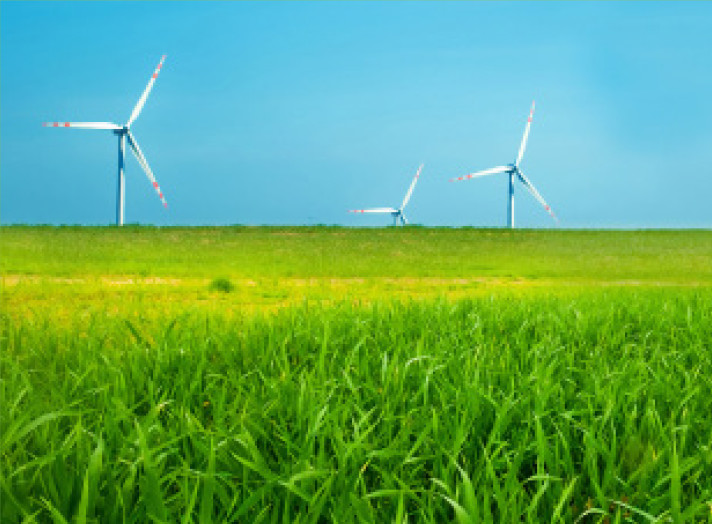Capabilites and restrictions in current European laws and regulations
Analysis of the current (European) legal framework for cross-border energy markets.
University of Groningen, Faculty of Law Groningen Center of Energy Law and Sustainability
Dr. Lea Diestelmeier and prof. Dr. Martha M. Roggenkamp
With the SEREH project we want to create a cross-border internal energy market. Renewable energy sources are used and must ensure a regular energy supply. The relevant provisions of EU law have been mapped for SEREH. The energy sector is bound by sector-specific EU legislation. Think of legislation for producers, DSOs and TSOs, cross-border trade and consumers. The possibilities and limitations of the current legal framework can be found in the full report.
Five different scenarios for electricity and hydrogen have been mapped out.
Two important points are:
- What type of connection is assumed (gas or electricity);
- And for what purpose (storage, cross-border exchange, use by specific consumers, hydrogen production).
The legal analysis of each scenario indicates the possibilities and limitations. The limitations are translated into recommendations for further developing or adapting the EU legal framework to make SEREH a success.
Below the main findings. It is recommended to address this at European level:
- There are different distribution network tariffs that make the exchange of energy difficult. An officially published EU document that encourages flexibility can help.
- Identify the reasons for the reluctance to work together, especially for joint projects of two regions (in this case Emmen and Haren Ems). Also provides solutions for overcoming barriers, which can focus on local benefits and reduce system costs.
- Investigate whether subsidy schemes are possible to generate sustainable energy by producers from other regions. The focus will be on the potential of the border regions and cross-border projects.
- To make Citizen Energy Communities possible, agreements are needed about the use of the energy system, profit distribution and the possibilities to collaborate across borders.
- More research is needed into alternative decentralised energy systems and their European potential.
- Gas quality standards should be standardised at EU level.
- Due to different legislation regarding gas and electricity, there is uncertainty about the operation and ownership of storage facilities. This must be taken away.
>> Full report from the University of Groningen
The report is a part that has been delivered for work package 4, deliverable WP 4.1.1
Ander nieuws
-
Cross-border energy communities on distribution network level
The publication “Cross-border Energy Communities on a Distribution Grid Level” examines the > Verder -
Noord-Nederland de groene waterstofregio van Europa
Noord-Nederland heeft een Europese subsidie van twintig miljoen euro binnengehaald. Deze subsidie betekent > Verder

